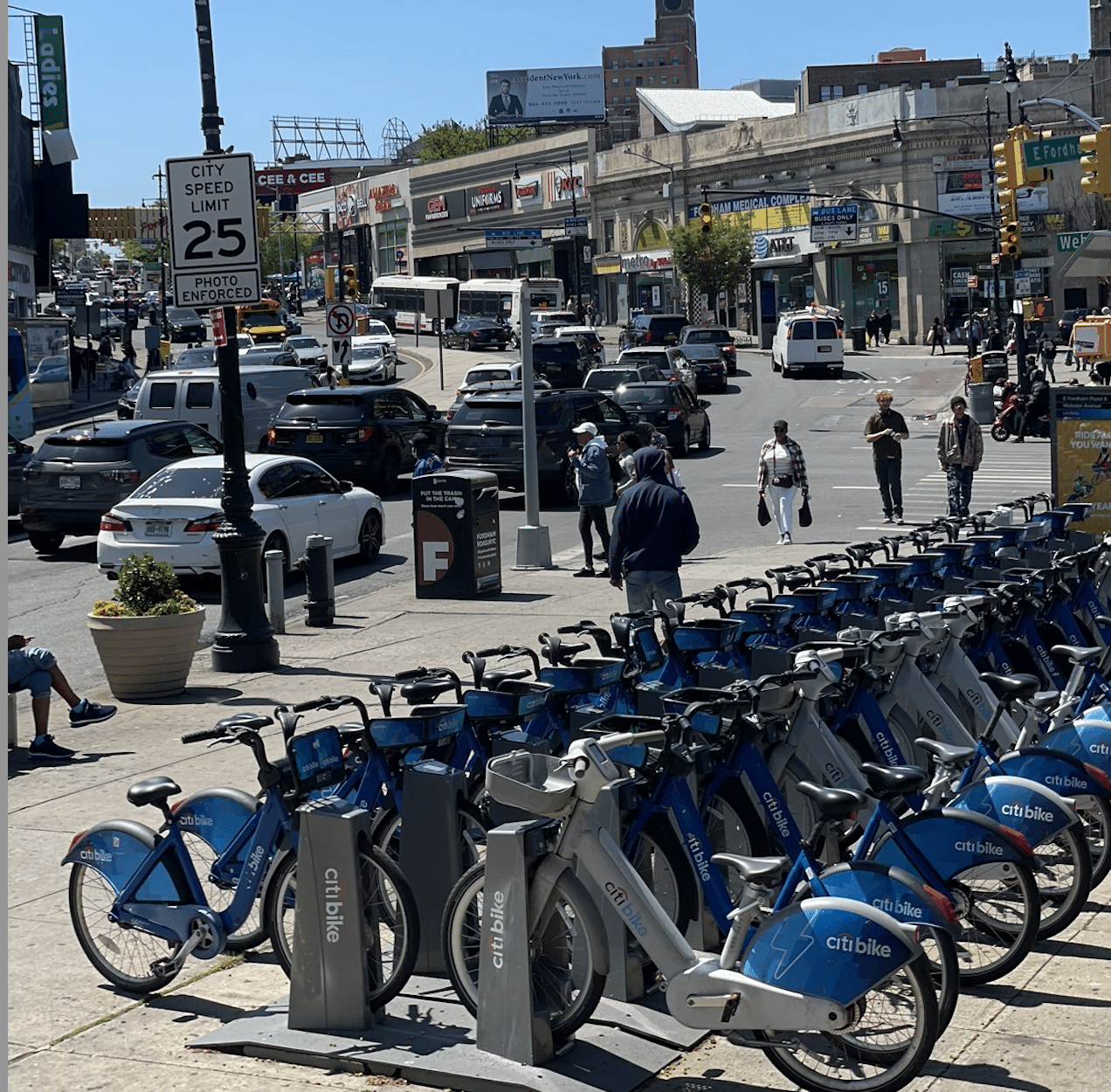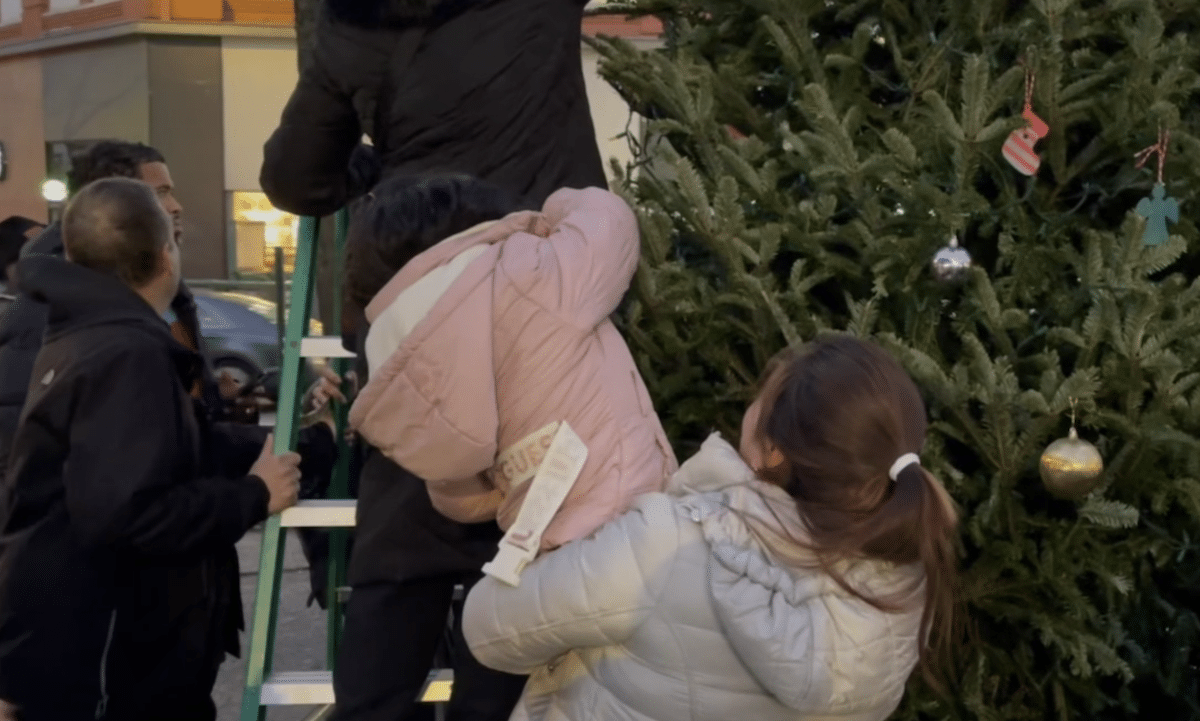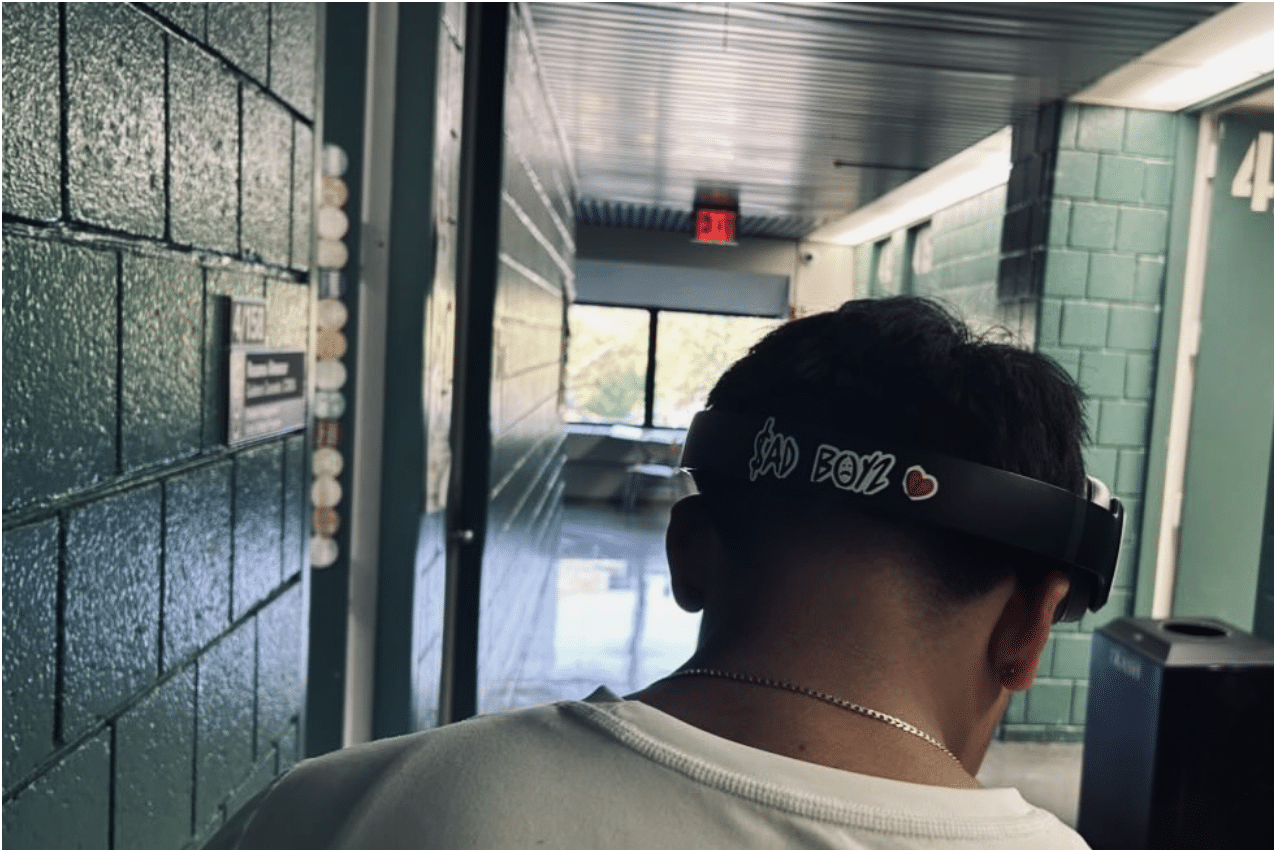Sophie Torres in classroom 5/150 in the North Academic Center in November 2024. Photo by Jermica Jackson
Sophie Torres, a junior at the City College of New York, cried the morning after the 2024 election. In her home state of Florida, a six-week abortion ban took effect after the Dobbs Decision overturned the federal right to abortion. With reproductive rights and national hope in mind, Torres cast her 2024 ballot for Kamala Harris. However since Trump’s victory, anxiety and fear have crept into her heart as she thinks of what his next administration promises.
“What is to become of America?” wonders Torres, 20, as she choked on breakfast, her stomach unsettled. “I want to believe that Project 2025 is not going to happen, but I wouldn’t put it past [Donald Trump].”
Across the country, a majority of young voters — aged 18 to 29 — did not cast a ballot for Trump. That being said, 2024 exit polls reflect a startling rightward shift within this age cohort. In 2020, Joe Biden captured 60% of the youth vote. Just four years later, Harris received 54%.
In the successful democratic elections of 2008, 2012, and 2020, at least 60% of young voters favored the democratic presidential candidate, according to an NPR study of their exit polls. In Hillary Clinton’s failed 2016 election, she received just 55% of this voting block, which mirrors Harris’ dwindling favorability.
Young men were amongst the largest groups of democratic defectors between 2020-2024. According to a TuftsNow national 2024 study, just 42% of this age cohort’s men voted for Harris, which is a 12% decrease from the previous election in 2020.
In swing states, young voters’ wavering support of Harris was decisive in electing Donald Trump. In an NPR study comparing the difference in youth vote margin from 2020-2024, they found that youth support of democrats decreased in Arizona by 2%, Nevada by 6%, North Carolina by 14%, Wisconsin by 15%, Pennsylvania by 18%, and Michigan by 24%. Georgia represented a notable exception to this rightward swing; youth support of Harris in 2024 was 7% higher than of Biden in 2020.
Now that the election is over, Trump is working to choose his cabinet and advisors to make his campaign promises real, many Gen Zers are worried about what will happen next.
“I can’t think of a single saving grace for the Trump administration,” says Joshua Boise, 23, a CCNY art major. “GOD HELP US ALL!”
Mahalia Daniels, a 20-year-old CCNY transfer student, says that on election day she felt hopeful, but after a sleepless night, disaster struck the next morning. “I don’t think people understood the gravity of the election and when it was confirmed, I was devastated,” she says.
Daniels believes that the incoming political leaders do not care about Gen Zers, or women of color, like herself. “They seem less inclined to understand why we need proper education funding, fix the housing crisis, and focus on abortion policies,” she notes.
The declining trust in political leaders has decreased some of the young generation’s urge to vote. “Both parties are no longer logic-based, elections are a sport and people are just supporting whatever team regardless of its impact on America,” says Adeshewa Coker, 20, a CCNY advertising & public relations major. “[Trump] better make America great again even though I don’t think that is possible.”
Some students have moved from devastation to acceptance. “I remember how I felt on Wednesday morning the 7th of November; all I knew was dread,” says Adam Trinkle, a CCNY undergrad. But his attitude has now shifted: “You hold your nose and do what you have to.”
Tags: Adeshewa Coker Arizona Donald Trump election 2024 exit polls Gen Z Hillary Clinton Jermica Jackson Joe Biden Joshua Boise Kamala Harris Mahalia Daniels Michigan Millenials Nevada North Carolina Pennsylvania Sophie Torres swing states Trump Wisconsin Youth Vote
Series: Community






